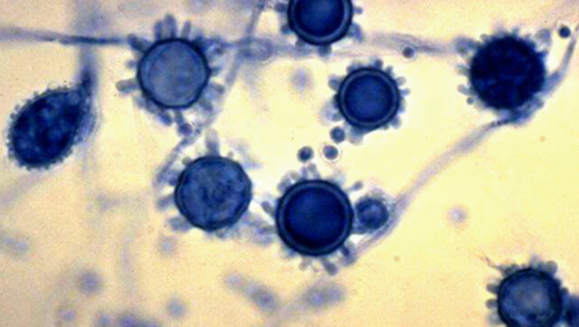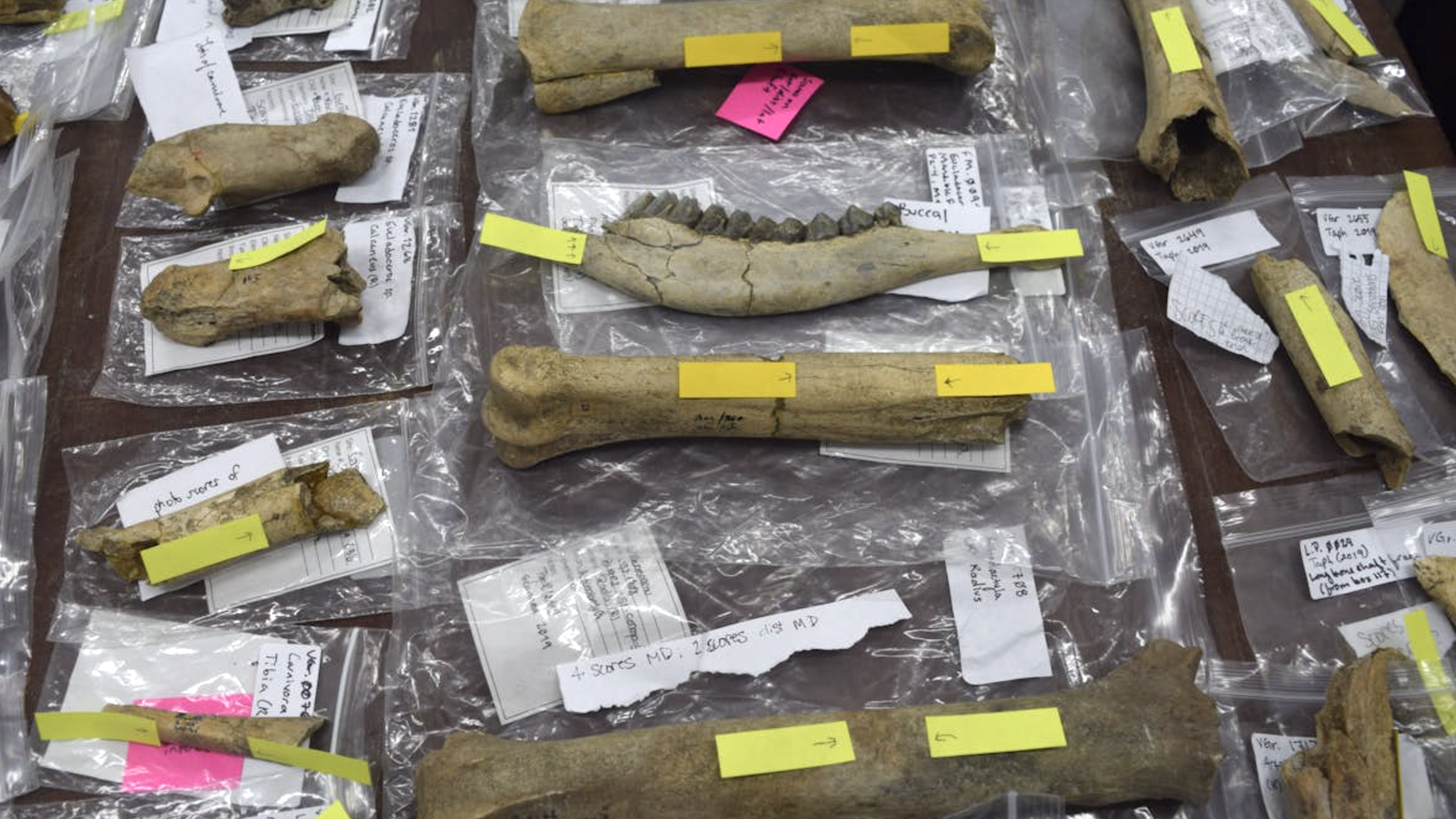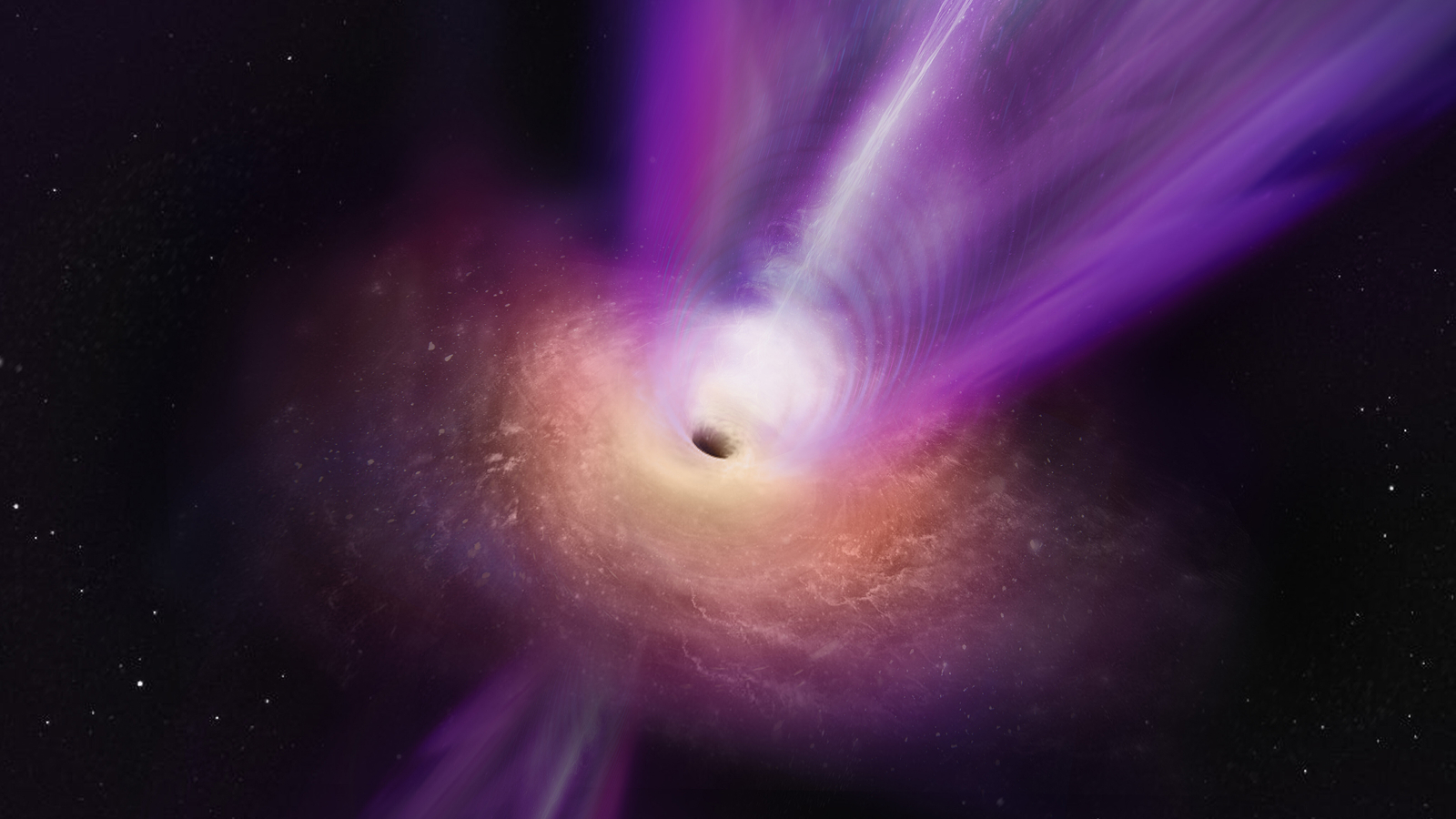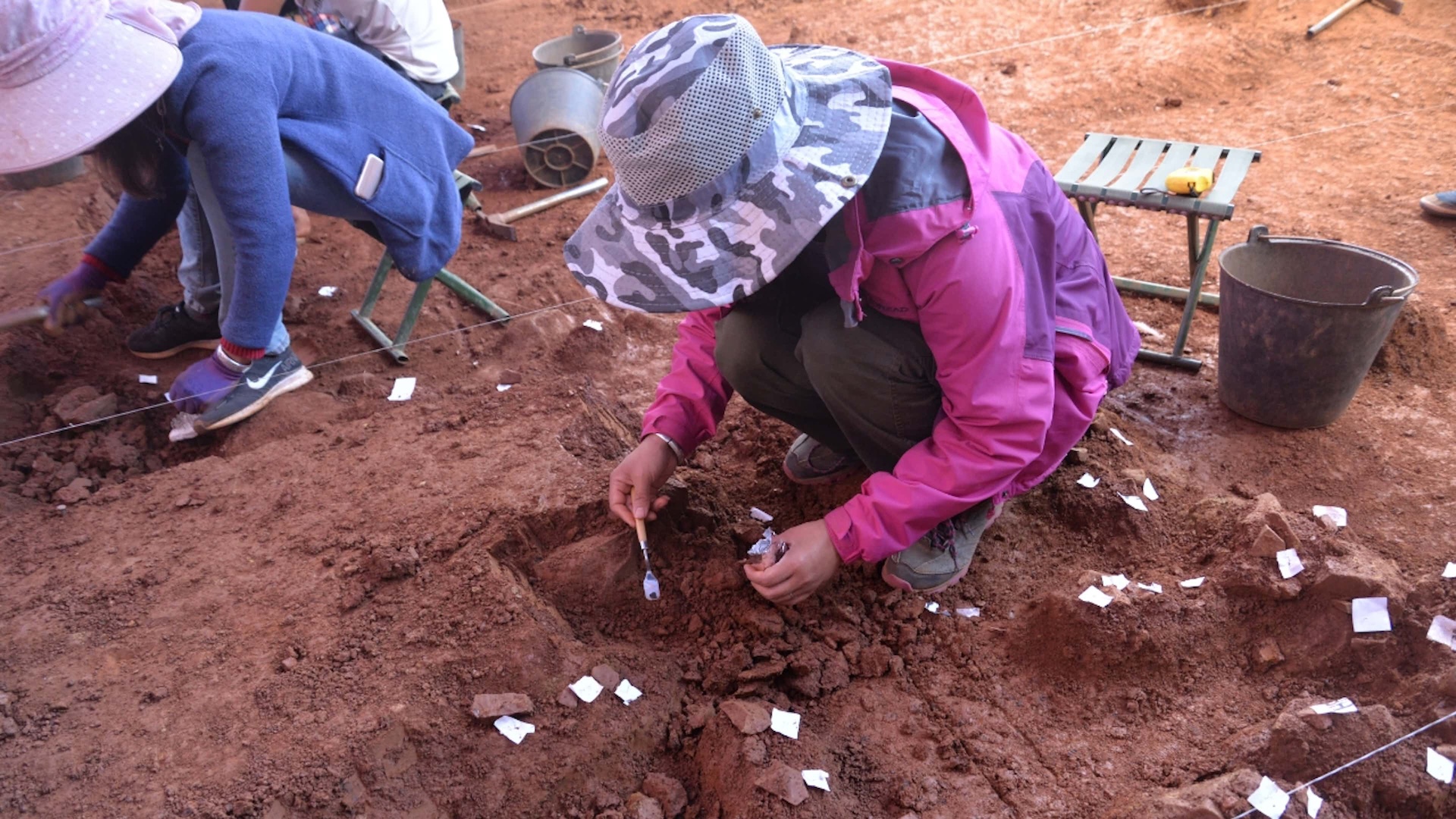
What is ... Histoplasmosis?

Chad Rappleye, a microbiologist at Ohio State University Wexner Medical Center, contributed this article to LiveScience's Expert Voices: Op-Ed & Insights.
Histoplasmosis is an infection caused by breathing in spores of the fungus Histoplasma, which is often found in soil contaminated with bird and bat droppings.
Most people come in contact with Histoplasma when the spores become airborne. This can happen when people disturb the fungus in its natural environment (for example, raking up leaves and other yard waste, demolition projects, farming, landscaping, etc.).

In the United States, histoplasmosis most commonly occurs in the Mississippi and Ohio river valleys, but can be found in other areas of the country. Estimates suggest 100,000 people each year are infected by Histoplasma spores. Most people have mild symptoms or aren't aware they're infected. But for some people, mostly those with compromised immune systems, histoplasmosis can be serious. Treatment of the disease is limited because the fungus is resistant to some anti-fungal medications and existing anti-fungal drugs have negative side effects on the host.
To help speed new drug development in this area, my team created a rapid way to measure the growth of Histoplasma using fluorescence, so whenever the fungus grows, it glows. Under a microscope, the fungi glow red and the amount of red light indicates how many fungal cells are present. This advancement allowed our team to quickly identify potential compounds that inhibit the growth of Histoplasma cells while they are living inside human cells. We identified a promising compound that could be a potential new anti-fungal drug and could lead to a new way to fight the pathogen without harming human cells.
Read more about the effort in "Glowing Cells Guide Development of Antifungal Drugs (Op-Ed)."
The views expressed are those of the author and do not necessarily reflect the views of the publisher. This article was originally published on LiveScience.
Sign up for the Live Science daily newsletter now
Get the world’s most fascinating discoveries delivered straight to your inbox.










